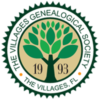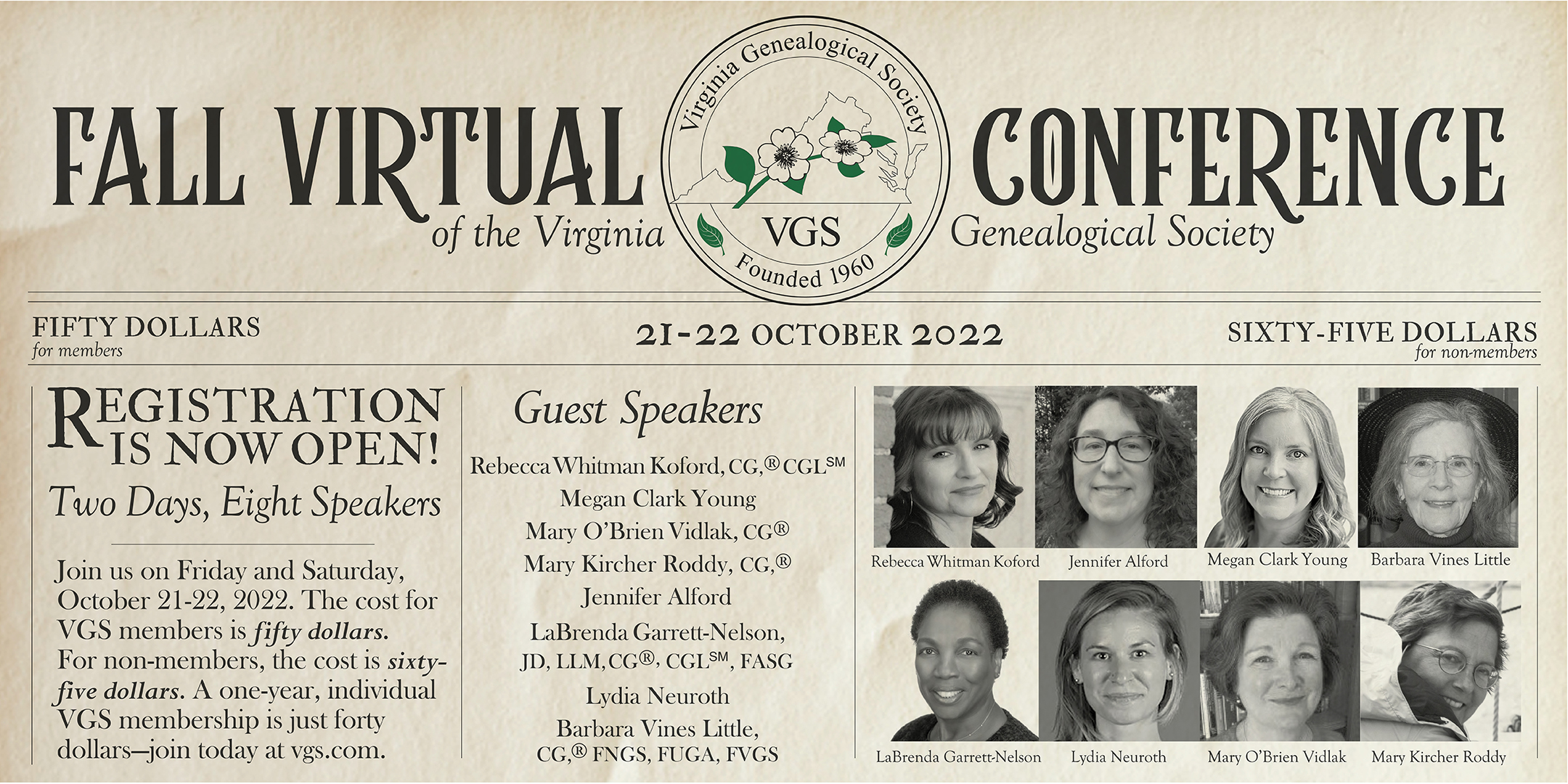
Why Standards are for Everyone
Standards are imperative for anyone who cares about achieving accurate research, whether for their own family or someone else’s family.

Standards are imperative for anyone who cares about achieving accurate research, whether for their own family or someone else’s family.

Nineteen standards in Genealogy Standards address the treatment of assembled research results in case studies and kinship determination projects.

Genealogical narratives are written work products that document linkages between successive generations, usually take one of three standard forms, and meet the GPS.

With Angela Packer McGhie, CG, FUGA, and Patti Lee Hobbs, CG. In this interactive forum, current associates share various pathways to certification and how to begin.

LaBrenda will teach sessions in two courses: • Course Three — Advanced Methodology and Evidence Analysis • Course Eleven — Researching African American Ancestors: Courthouse Records
Genealogist LaBrenda Garrett-Nelson will introduce attendees to a variety of Federal and state sources to help you identify formerly enslaved ancestors. In addition to referencing other commonly used pre-1870 and antebellum records, the lecture will highlight the important legal and historical context and interpretive guidance of particular relevance to African-Americans.
Reasonably exhaustive research is the first component of the Genealogical Proof Standard. This webinar will focus on the elements of an effective research plan to meet this requirement.

Genealogical proof requires the conduct of reasonably exhaustive research. This presentation will provide useful tips on developing an effective research plan, including the importance of crafting a focused research question and prioritizing potentially relevant sources.

Because enslaved people were treated as a species of property, the fates of these ancestors were determined in probate proceedings incident to the settlement of the estates of enslavers. This lecture will focus on the analysis of probate records to identify enslaved ancestors.